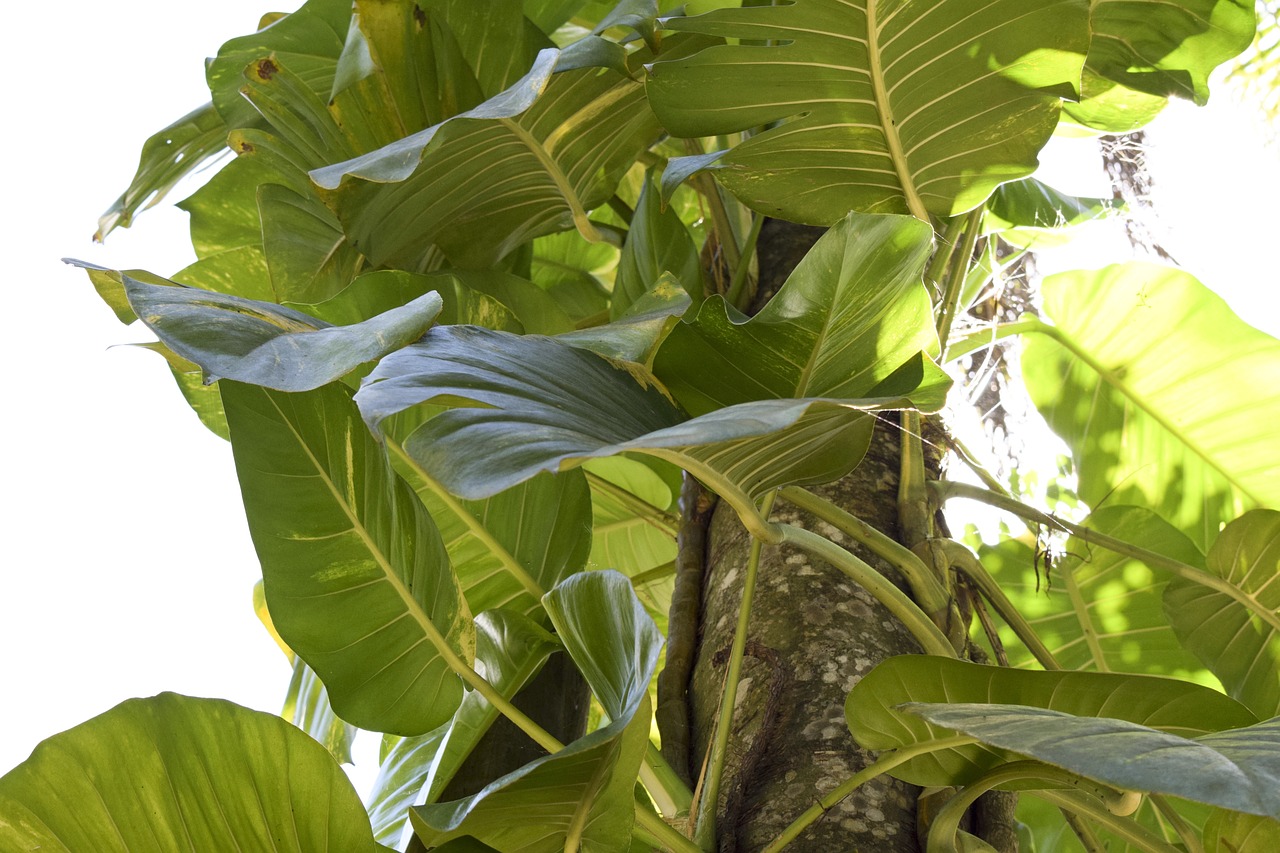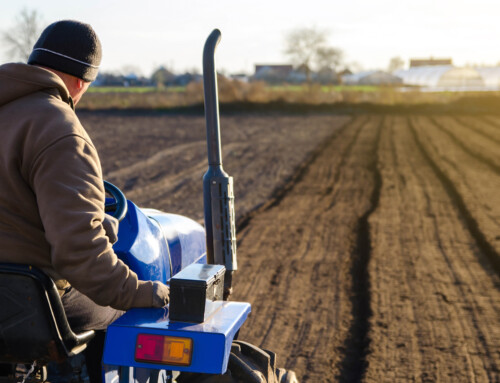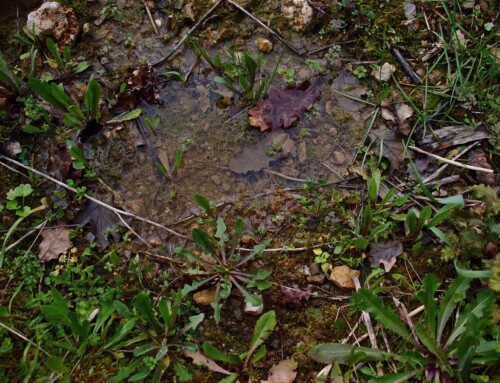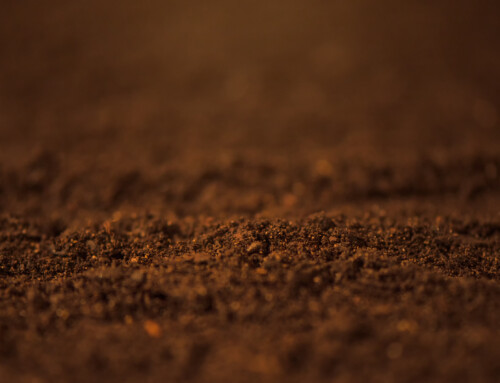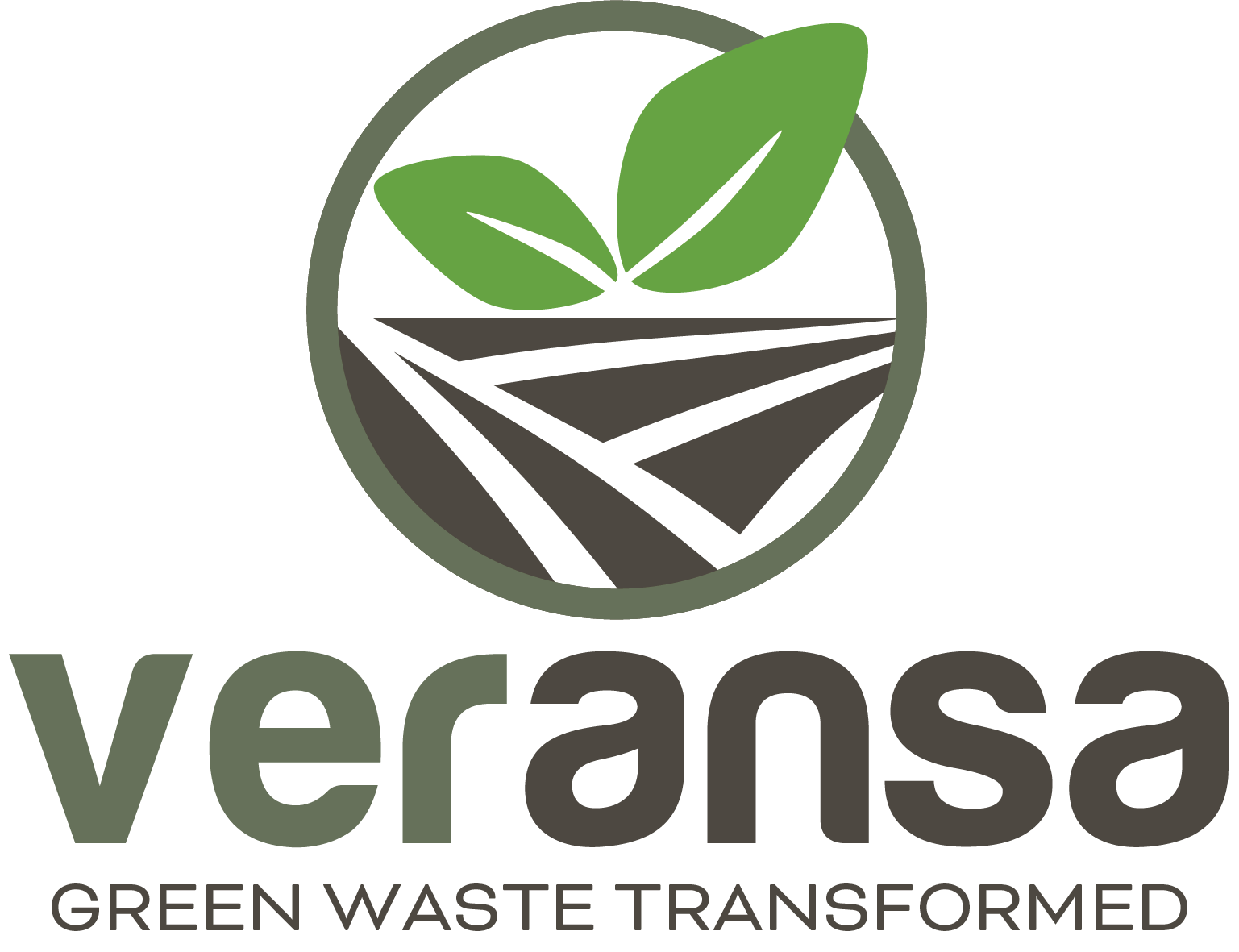Gardening in Florida is different than in most areas of the country – due to our temperate weather, we can grow fruits, vegetables, trees, and green plants year-round. Of course, everything depends on the hardiness zone of the region.
What is a Hardiness Zone? A hardiness zone is a geographic area defined as having a certain average annual minimum temperature, a factor relevant to the survival of many plants. The Tampa, Florida area is designated as USDA hardiness zone 9b, which is characteristic of a long growing season, mild winters, hot summers, and abundant sunshine.
What Can a Hardiness Zone Tell Farmers and Gardeners?
The United States Department of Agriculture (USDA) categorizes regions based on their average annual minimum temperatures. Zone 9b exhibits an average annual minimum temperature ranging from 25 to 30 degrees Fahrenheit. While temperatures can periodically drop lower than the specified range, the designation offers pertinent information regarding local climate conditions. An extensive variety of plants thrive in the local climate, such as:
Tropical Fruits: The Gulf Coast’s warm climate is perfect for growing mangoes, avocados, papayas, and citrus fruits like oranges, lemons, and limes.
Palms: Palm tree species that are easily cultivated include the coconut palm; the tree most associated with a quintessential Florida landscape.
Ornamental Plants: Popular flowering plants and ornamentals that grow in this area include hibiscus, bougainvillea, plumeria, Ixora, and Bird of Paradise.
Herbs and Vegetables: The area’s extended growing season is ideal for tomatoes, peppers, eggplants, basil, rosemary, and mint.
Native Plants: Integrating native plants such as saw palmetto, beautyberry, and firebush into your natural landscape benefits the overall ecosystem.
Other factors play an important role in the success of crops and gardens. The appropriate sun exposure, type of soil, and moisture requirements all have a significant place alongside climate conditions. Because so much soil has been severely degraded, it is important for farmers to consider renourishing and remediating the soil, whether through natural and organic composting products or quality, premium topsoil.
Guidelines for Growing Plants in Hardiness Zone 9B
Cool-season vegetables: The region’s mild winters make it possible to grow cool-season crops like lettuce, broccoli, carrots, and radishes. Crops should be planted in October or November, as the plants thrive in cooler temperatures and can tolerate light frost conditions.
Warm-season vegetables: Warm-season vegetables such as tomatoes, peppers, cucumbers, and beans can be planted between late February and early March, beyond any fear of frost.
Flowers: The area’s temperate climate allows the planting of annual varieties in late winter or early spring, typically around February or March. Perennial flowers can be planted in the fall or early spring, depending on the variety.
Trees and shrubs: Trees and shrubs can be planted throughout the year, but avoiding excessive heat or cold periods is preferable. Planting seeds in the spring and fall allows the plants to establish their roots before the more difficult seasons.
Herbs: Herbs typically thrive in warmer weather, making late winter or early spring the best time to get them in the ground. Basil, oregano, thyme, and rosemary can be cultivated from seeds or transplants during this period.
Choose the Right Soil
Quality topsoil is more than just dirt; it’s an essential component for cultivating healthy plants that thrive – no matter the zone you live in. Premium soil ensures the promotion of strong plant growth, creating a farm or garden that is sustainable and healthy.
The team at The Veransa Group are passionate individuals joined together with an important goal – to responsibly recycle and repurpose yard and wood waste into products that local farmers, gardeners and landscapers can use to grow and cultivate sustainable landscapes and gardens. If you are interested in learning more about our quality organic mulch, topsoil, and turf, call us today.

